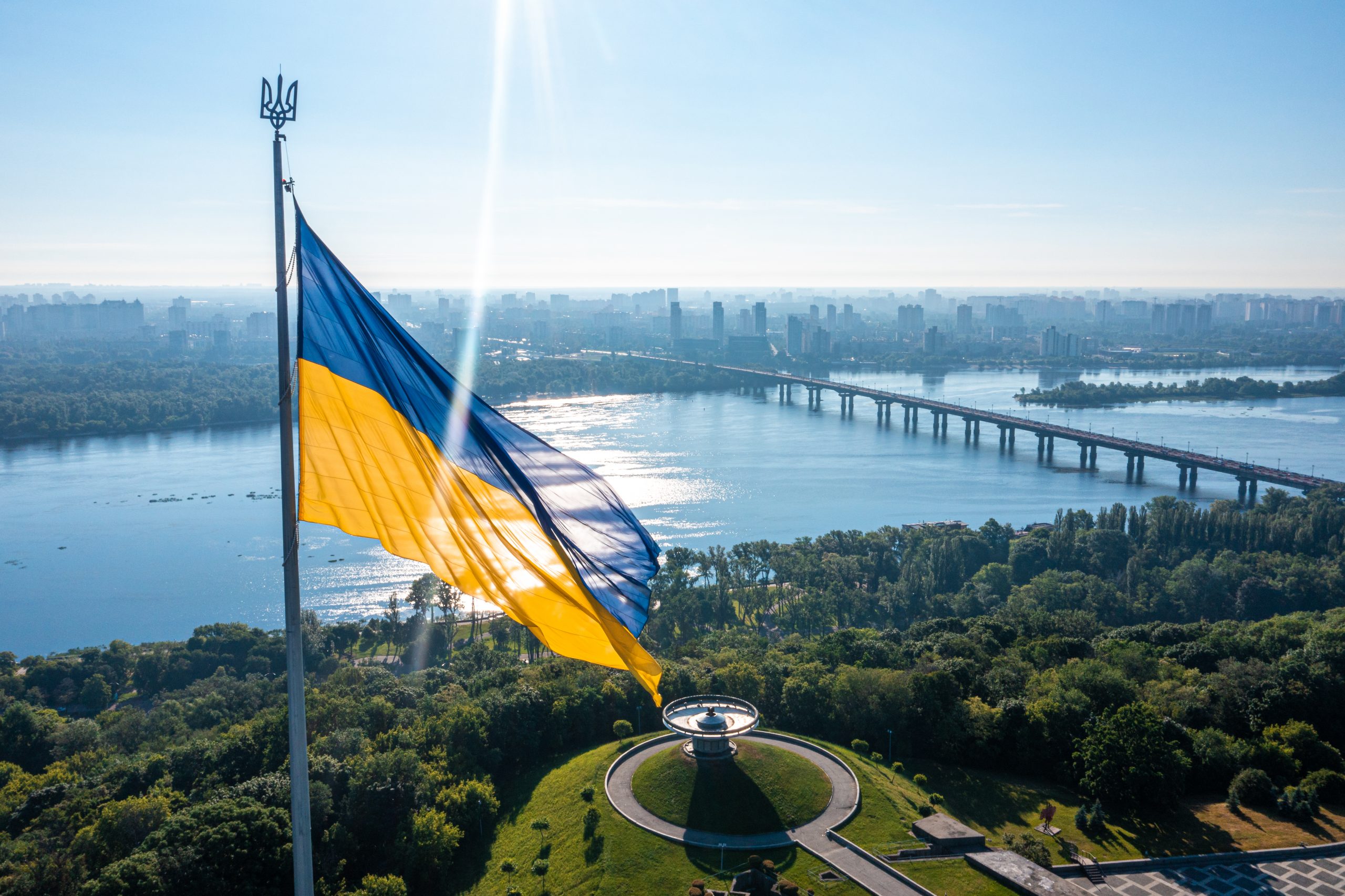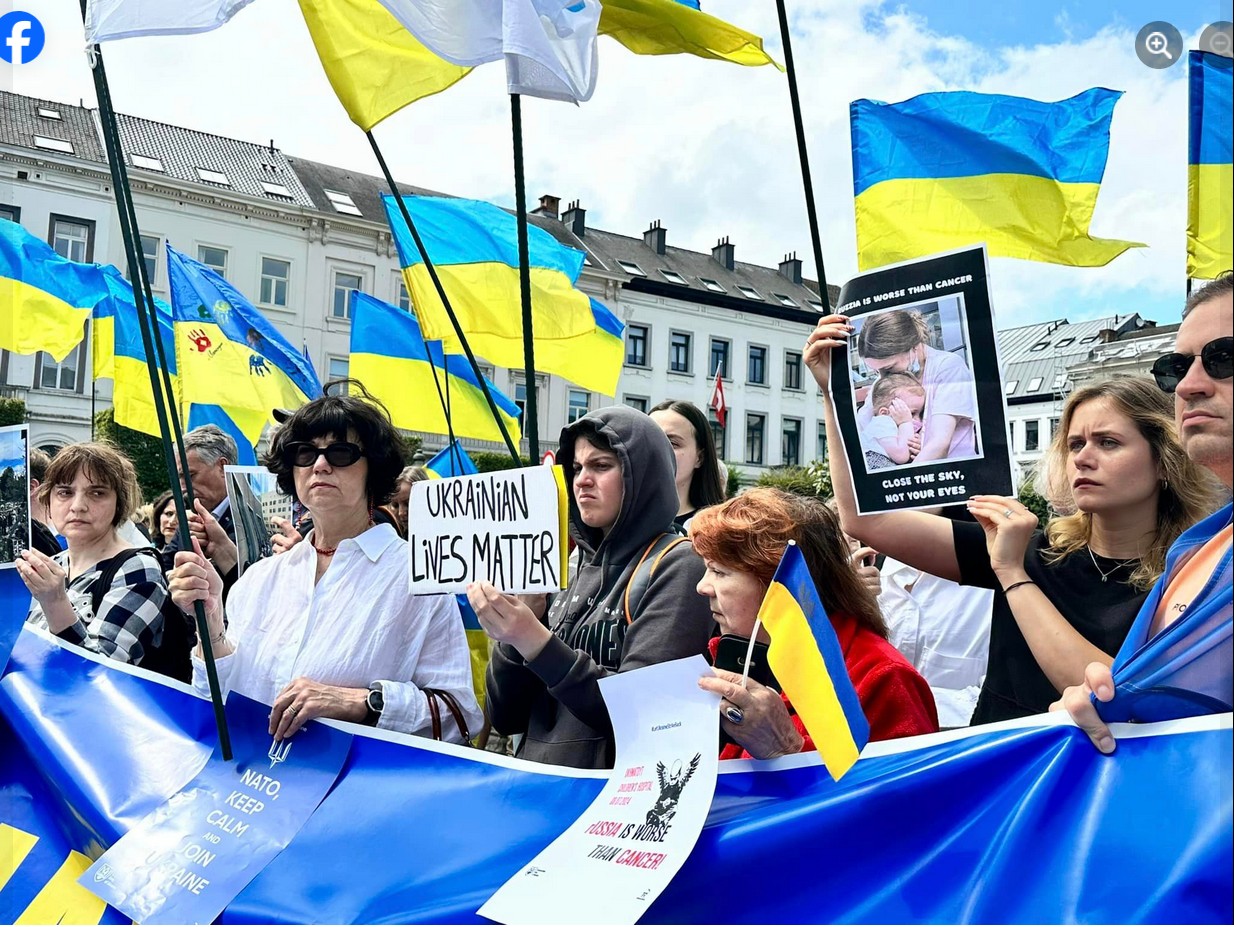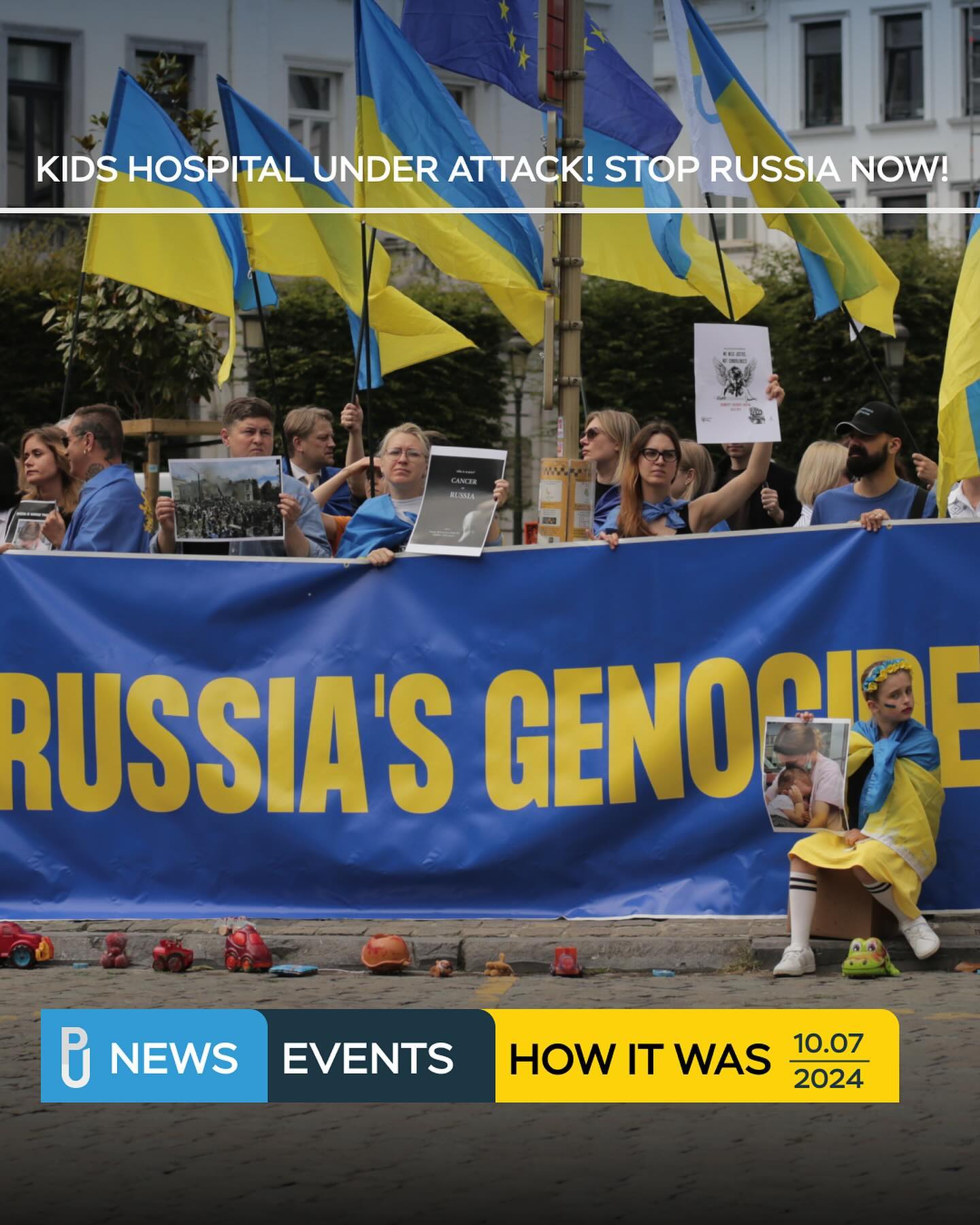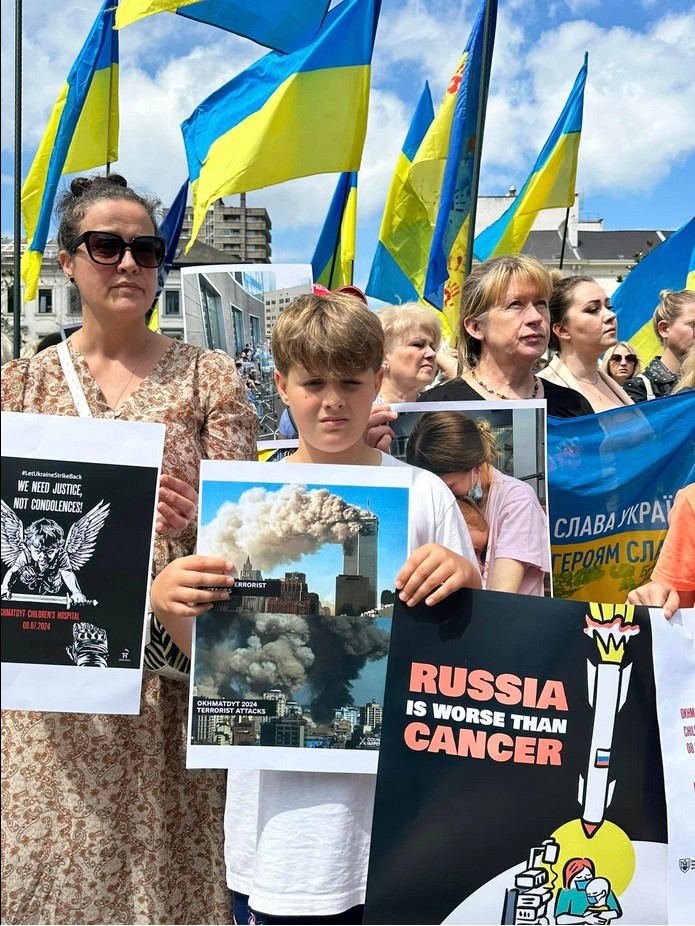The killing of ideological opponents, as well as those who openly try to resist the Kremlin’s information aggression, is a common practice in Russia, says Valentyna Bykova of the International Center for Countering Russian Propaganda and an expert on information resistance. Exclusively for Promote Ukraine, she analyzed the attempts of Russian special services in Europe.
“Unfortunately, recently the Russian secret services, under the guise of diplomatic missions and “Rossotrudnichestvo” feel free in most European countries. The FSB’s plans to poison three high-ranking Czech officials are another example of this,” said the expert.
Valentyna Bykova believes that the victims were chosen not by chance. “The head of the Prague-6 district Ondrej Kolarzh “is guilty before” the Kremlin for dismantling and moving the monument to Soviet Marshal Konev, the leader of the municipality of Rzheporie Pavel Novotny – for approving the construction of a monument to RVA soldiers, and the mayor of Prague Zdenek Hryb “offended” Russia renaming the square where the Russian embassy is located, in honor of Borys Nemtsov, – says the representative of the information resistance. – That is, all Prague officials had the courage to oppose the ideological machine of the Russian Federation and, so to speak, gave a strong “slap” to the Kremlin. Of course, from the point of view of the Russian secret services, this should not go unanswered”.
Valentyna Bykova explains: it is no coincidence that the deadly poison was brought to the Czech Republic by Russian diplomat Andrii Konchakov, who is also acting head of the representative office of “Rossotrudnichestvo” in the Czech Republic. After all, this organization is the “roof” for the work of special services of the Russian Federation abroad. The so-called “Russian Centers of Science and Culture”, which operate in 62 countries around the world, are in fact branches of Russian intelligence. Not for nothing in March 2018, after the poisoning of Sergii Skrypal and his daughter Julia, the USA expelled Russian diplomats, including the head of the Russian Center for Science and Culture (RCNC), which is part of the “Rossotrudnichestvo”.
The “settling of scores” with the Prague authorities, who defended the Czech Republic’s right to its own history, and not the one imposed on Russia, is far from the Kremlin’s first attempt on those who try to resist the Russian propaganda machine. For example, in Latvia, in 2012, an attempt kill was made on journalist Leonidas Jakobson and his son. A media spokesman harshly criticized Moscow and local pro-Kremlin politicians. In particular, the journalist published a conversation between Riga Mayor Nils Ushakov and Russian Embassy Counselor Alexander Khapilov, who was suspected of involvement in Russian military intelligence. As a result, Jacobson and his son were brutally beaten and his face was mutilated with a knife.
Now the Russian special services have begun to act more aggressively, and are no longer limited to intimidation, but immediately kill. Everyone remembers the attempt of Alexander Petrov and Ruslan Boshirov to poison a former Russian military intelligence officer and now a British citizen Sergei Skripal and his daughter in Salisbury, by GRU officers.
Earlier, in 2006, Oleksandr Lytvynenko, a former KGB and FSB officer, was killed by radioactive polonium-210 in the United Kingdom.
Such aggressive actions by Russia, which are not stopped by the borders of sovereign states, are another proof that for Ukraine, and hence the EU countries, the ideological front of confrontation with Russia is no less important than the “hot” phase of the Russian-Ukrainian war.
Natalia Tolub






 UA
UA FR
FR DE
DE




